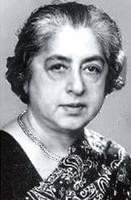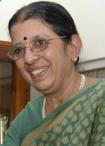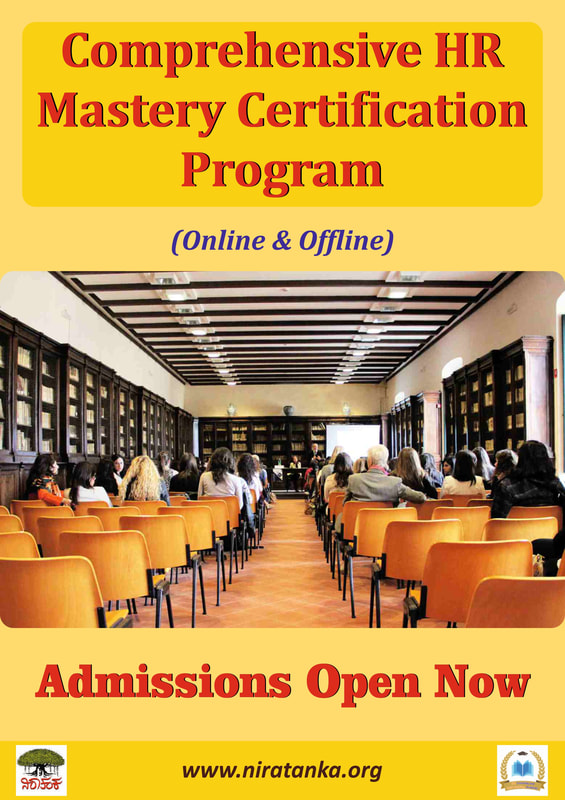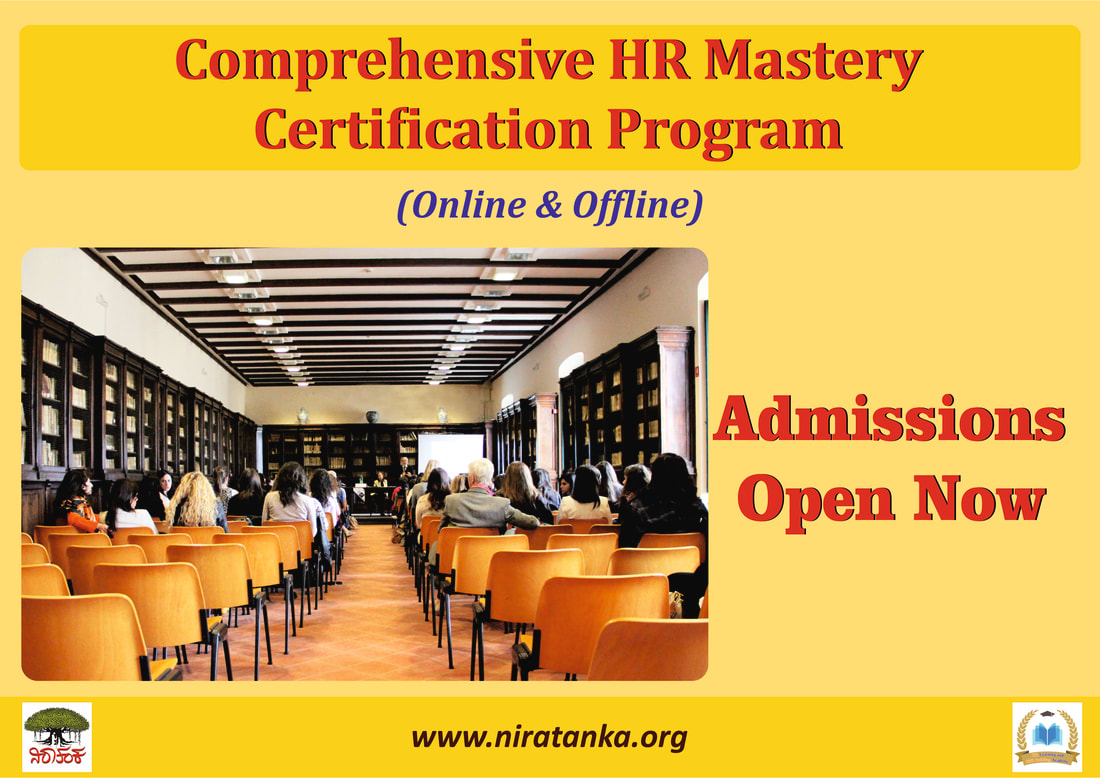|
Mrs Mary Clubwala Jadhav was a legendary social worker who was awarded the Padma Shri and Padma Vibhushan for her outstanding humanitarian service. Settled in Madras, Mary Clubwala, a Parsi by birth, was keen to start a school of social work in Madras on the lines of the Sir Dorabji Tata Graduate School of Social Work at Bombay (later renamed the Tata Institute of Social Sciences). Thus the MSSW came into being on 5 August, 1952 and it was housed in thatched sheds in the Harrington Road area and offered the two-year Diploma in Social Service Administration (DipSSA).
Abstract
In the 21st century, the idea of leadership development is related to social networking. Society is looking for ways of changing; modifying, improving or transforming things in terms of the social, economic, structural, political and cultural causes of the problems and environment in which we live. Cyber communication gives us the opportunity to connect with people (customers, employees, leaders, friends, community) directly and indirectly. Not in just a one-way, but a two-way conversation.” Leaders today are expected to be customer-centric and responsive, and social media helps them to meet and exceed these expectations. Social media helps companies to find out what their customers really think. This helps leaders make decisions that better support with customers’ emerging needs. Cyber communication helps leaders stay on top of trends in their industry like never before. This helps leaders see new opportunities for growth. Social media delivers news fast. Abstract
This article looks at the role Corporate Social Responsibility (CSR) has in community development. Besides a universally accepted role in philanthropic work of corporations, CSR projects are today achieving greater sustainability in their efforts resulting in growth and change in communities. This evolution has been possible due to the collaboration of corporations with the development sector, especially the NGOs. From the past fifty years the western world has been looking at several dimensions of CSR; legal, ethical as well as discretionary. But in India, It is only in recent years that dedicated CSR departments and staffs have appeared in companies. These trained professionals are designing effective community oriented projects which are transforming communities albeit in a small focussed manner. This article will carry a short case study of one such CSR project of a large Multinational corporation functioning in India. This article stresses on the potential that CSR projects have in the face of criticisms coming from certain quarters. Keywords: Corporate Social Responsibility, Community development, Internal and External CSR, community oriented projects. Abstract
In Bangladesh, non-government organizations (NGOs) and government organizations (GOs) generally work at micro and macro levels to improve psychosocial functioning of individuals, and also for the improvement of socio-economic conditions of people. They deal with the issues of domestic violence, child rights violation, crime and delinquency, health care, poverty alleviation etc. at individual and family level. Although social work graduates are mostly found involved in these activities under NGOs and GOs, they are still not in a position to apply their academic knowledge because of lack of policy guidelines that explicitly use of social work skills within the organizations. The present study selected ‘Women Support Program’ (WSP) that deals with domestic violence and micro-credit program of Bangladesh Rural Advancement Committee (BRAC) which addresses socioeconomic constraints of the poor women. The study explores the possibility of applying micro social work knowledge and skills in the activities of WSP and micro-credit program of BRAC by analyzing eight cases (four from WSP and four from BRAC), interviewing with the concerned workers and analyzing records kept in the office. The findings of the study identifies a certain level of limitations in the activities that are traditionally carried on by both the programs, and suggest to the efficacy of micro social work knowledge and skills for better social work outcomes. Key words: Social work practice, Bangladesh, Micro social work skills Abstract:
This paper accounts the development of our propositions and a grounded theory in the wake of an international field placement of an Australian university master’s qualifying student of social work, in an Indian private school in Dubai. We define the components of this journey that allowed a constructive involvement in the cross cultural milieu. We undertook relevant comparative method advancing and testing the efficacy of relevant theoretical developments; conducting literature reviews and finally the process of conducting action research that allowed for testing beliefs and impressions in a systematic way (Glaser, 1978; Strauss, 1987). A school social work placement has all the action which brings the notions of human agency and the emergent processes. It provides opportunities to attempt problem solving approaches and allows researchers to keep an open ended approach to the study of action. The association of reflective practice throughout the placement allowed the authors to add ‘new pieces to the research puzzle or conjure entire new puzzles’ during the data collection, thus gaining a clear focus on what is happening in the data without sacrificing the detail of the what is being enacted (Charmaz, 2006). This article additionally provides a reflection on the sensitivities of international social work practice in the context of striving for cultural competence whilst providing robust critical analysis. Keywords: School social work, Grounded theory, Action research, Qualitative research, Cultural competence T.K. Nair
Abstract Social work education in India is in its eightieth year and yet social work has not been accepted as a profession by the major stakeholders, particularly the government. The present article starts with a discussion on Social Welfare and Social Work. It traces the evolution of social work as a profession globally from “applied philanthropy” and “scentific charity”. It goes on to examine the professionalization of social work in India. Detailed analysis of the weaknesses of social work education and utilization of social welfare manpower have also been attempted in the article. The author concludes that social work in India is not a full profession and it is only a semi-profession. “Shanthi Ranganathan is a rare person and a social worker par excellence. She transcended the intense personal tragedy due to the irreparable loss of her husband at a young age and created a world class institution which has been transforming the lives of thousands of individuals and families. Her grit and determination have only a few parallels. For me, it has been a privilege to associate myself with her during her student days at the Madras School of Social work four decades ago and subsequently during the early years of the T T Ranganathan Clinical Research Foundation (TTRCRF)”.
Dr. T.K. Nair Professor of Social Work and Former Principal, Madras School of Social Work. |
Categories
All
Social Work Learning Academy50,000 HR PROFESSIONALS ARE CONNECTED THROUGH OUR NIRATHANKA HR GROUPS.
YOU CAN ALSO JOIN AND PARTICIPATE IN OUR GROUP DISCUSSIONS. MHR LEARNING ACADEMYGet it on Google Play store
|
SITE MAP
SiteTRAININGnIRATHANKA CITIZENS CONNECTJOB |
HR SERVICES
OTHER SERVICES |
NIRATHANKAPOSHOUR OTHER WEBSITESSubscribe |
50,000 HR AND SOCIAL WORK PROFESSIONALS ARE CONNECTED THROUGH OUR NIRATHANKA HR GROUPS.
YOU CAN ALSO JOIN AND PARTICIPATE IN OUR GROUP DISCUSSIONS.
YOU CAN ALSO JOIN AND PARTICIPATE IN OUR GROUP DISCUSSIONS.
|
|









 RSS Feed
RSS Feed






